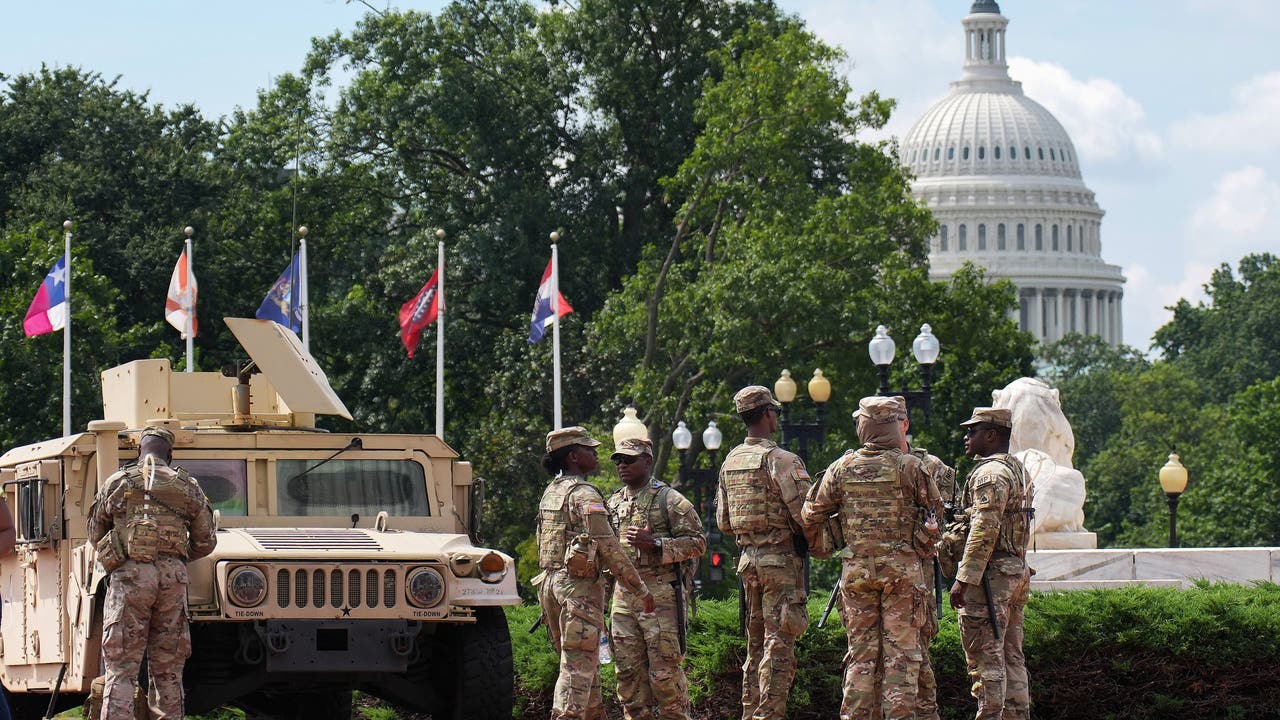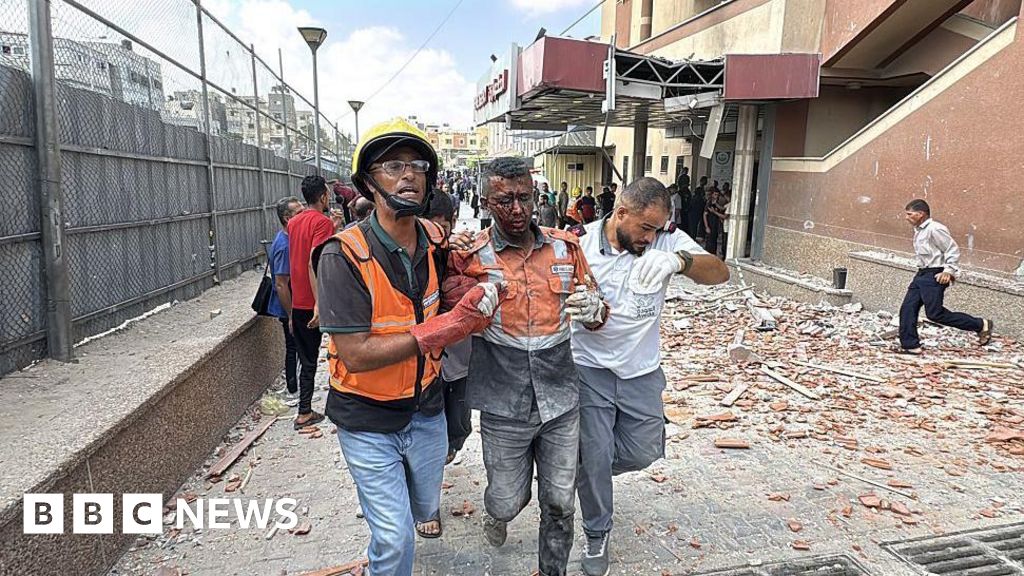
In current weeks, the controversy over the presence of the National Guard in Chicago has intensified, leaving citizens divided and metropolis officials in a standoff with federal authorities. The notion, in the beginning put forth as part of a broader plan by using former President Trump to lessen violence in major cities, has sparked massive dialogue and varying critiques among Chicagoans.
Many citizens specific worries over the capacity impact on their neighborhoods, fearing that the presence of military forces would possibly escalate tensions instead of carry peace. The belief of federal intervention in nearby subjects has historically been contentious, and this situation is not any one-of-a-kind. On the opposite hand, a few locals accept as true with that the National Guard may want to provide the a good deal-wished help to local law enforcement in fighting crime.
City officials, however, had been steadfast in their resistance to the proposed plan. Mayor Lori Lightfoot has been mainly vocal, emphasizing the importance of neighborhood governance and the want for network-based totally answers. According to Lightfoot, the town's citizens and leaders are higher placed to cope with the root reasons of violence with out external military involvement.
The division among Chicago citizens displays broader country wide discussions about the function of federal forces in nearby jurisdictions. While some see it as a important step for keeping order, others view it as an overreach of federal power. This debate is not restricted to Chicago, as towns across the US grapple with similar problems of governance and public safety.
In some neighborhoods, citizens have organized network forums to discuss the results of the National Guard's presence. These gatherings purpose to offer a platform for speak and information, permitting citizens to voice their worries and aspirations. The aim is to foster a consensus on how quality to address the challenges going through the city.
Despite the contentious nature of the notion, there were times in which federal and local government have correctly collaborated to beautify public safety. These partnerships frequently attention on sharing intelligence and sources, instead of deploying navy forces. Such collaborations highlight the ability for a balanced approach that respects local autonomy at the same time as addressing urgent protection issues.
The ongoing debate in Chicago serves as a microcosm of the country wide discourse on law enforcement and community members of the family. As towns attempt to create more secure environments, the project lies in balancing powerful policing with the protection of civil liberties. For many, the solution involves making an investment in social programs and monetary opportunities that cope with the root reasons of crime.
Chicago's residents are hopeful that talk and collaboration can lead to significant change. In the period in-between, metropolis leaders stay committed to exploring opportunity solutions that do not contain military presence. This commitment underscores the importance of localized techniques that prioritize the well-being of the community.
As the scenario evolves, the voices of Chicagoans will hold to shape the outcome of this debate. Whether via community conferences or public demonstrations, citizens are making it clear that they have a stake within the destiny in their city. Their involvement is crucial in making sure that any decisions made mirror the wishes and desires of those who name Chicago domestic.
Ultimately, the discussion surrounding the National Guard's presence in Chicago is a testament to the complexity of modern governance. It highlights the want for considerate consideration of how great to gain protection and justice without compromising the rights and dignity of residents. As this issue unfolds, it stays a important point of mirrored image for policymakers and communities alike.










